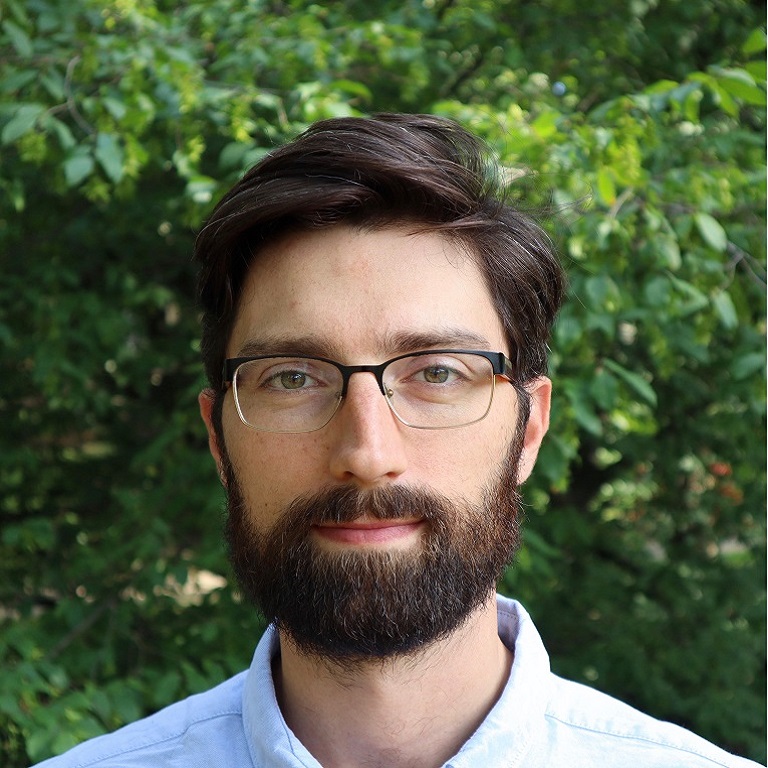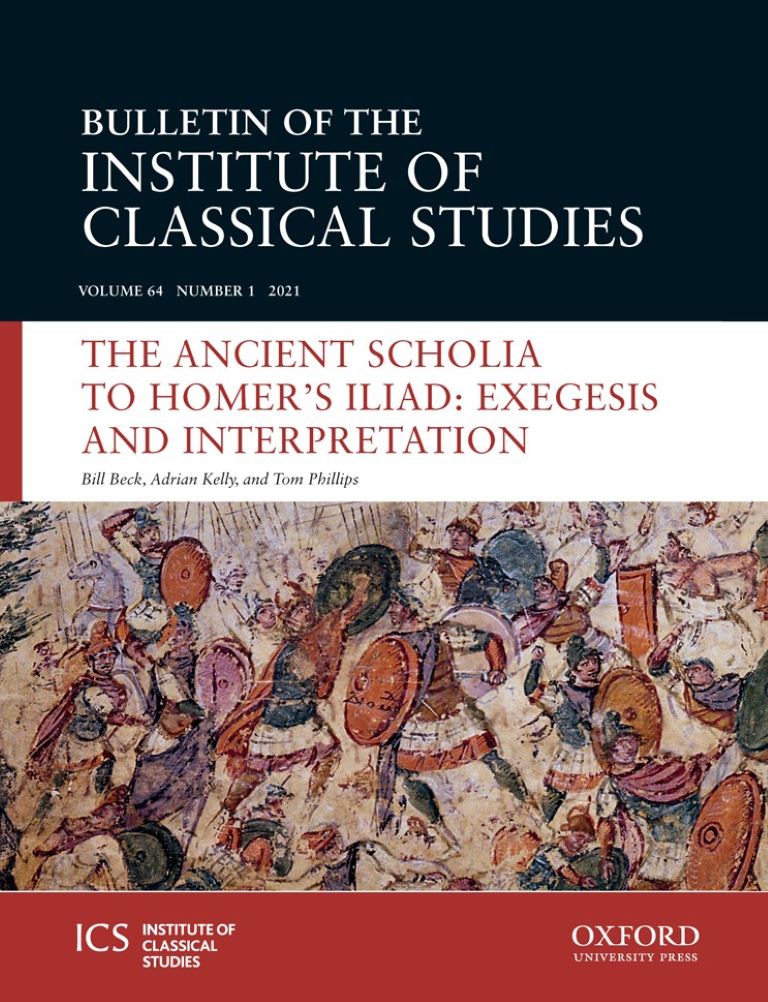- B.A., Swarthmore College, 2011
- Ph.D., University of Pennsylvania, 2019

Bill Beck
Assistant Professor, Classical Studies

Assistant Professor, Classical Studies
My research explores Homeric epic and its reception in antiquity, particularly in the realm of ancient scholarship. My current book project, Fifty-One Days at Ilios: the Iliad and the Trojan War, examines how the Iliad situates the story of Achilles’ wrath within the ten-year war in which it is embedded. Alongside my work on the Iliad, I have also been engaged in several projects focused on the ancient scholia to the Iliad. In 2021, I co-edited The Ancient Scholia to Homer’s Iliad: Exegesis and Interpretation (Oxford), and my translation of the scholia to the first two books of the Iliad, The Ancient Scholia to Homer’s Iliad: A Translation, vol. 1, is forthcoming with Cambridge University Press. Links to several of my publications can be found on my Academia page.

Bill Beck, Adrian Kelly, Tom Phillips
June 2021
Books
The Ancient Scholia to Homer’s Iliad: A Translation (Cambridge, forthcoming).
The Ancient Scholia to Homer’s Iliad: Exegesis and Interpretation, BICS. 2021. Co-edited with Adrian Kelly and Tom Phillips.
Articles and Book Chapters
“How Did Homer’s Troilus Die?” The Classical Quarterly 73.2 (2023) 495–507.
“Homer’s Verbal Mimesis in the Iliad’s Exegetical Scholia.” Greek, Roman, and Byzantine Studies 63 (2023) 78–102.
“Harshing Zeus’ μέλω: Reassessing the Sympathy of Zeus at Iliad 20.21.” AJP (2022) 359–384.
“Doorways and Diegesis: Spatial and Narrative Boundaries in Apuleius’ Metamorphoses.” CP (2022) 706–19.
“Reading for Achilles in the bT-Scholia to the Iliad,” in B. Beck, A. Kelly, and T. Phillips (eds) The Ancient Scholia to Homer’s Iliad: Exegesis and Interpretation (2021) 48–58.
“Reassessing the Scholiastic Evidence for the Cretan Odyssey Theory.” TAPA (2020) 357–78.
“Lost in the Middle: Story Time and Discourse Time in the Iliad.” Yearbook of Ancient Greek Epic (2017) 46–64.
"Causas Memora: Epic Etiology and Vergil’s Aeneid.” Vergilius 62 (2016) 57–78.